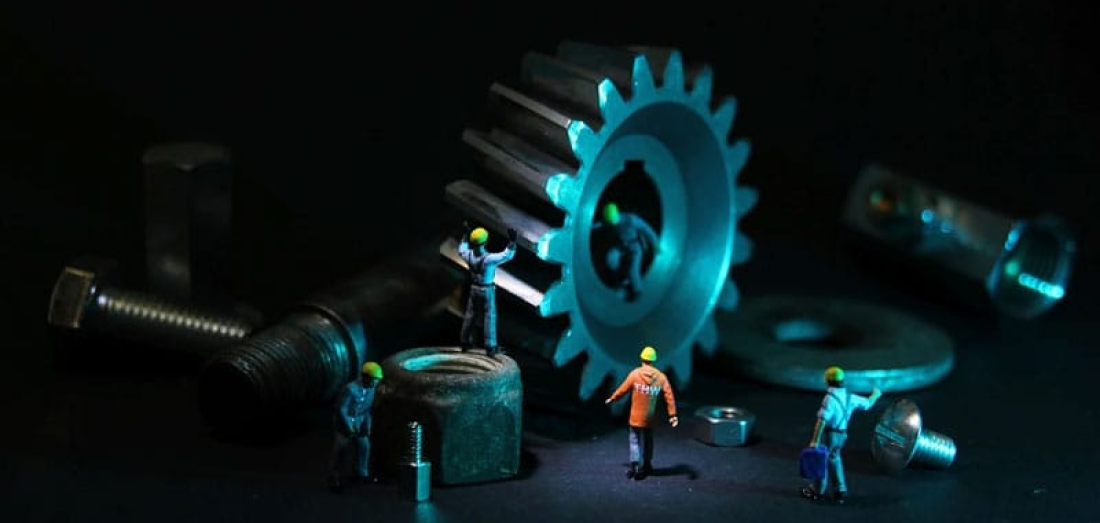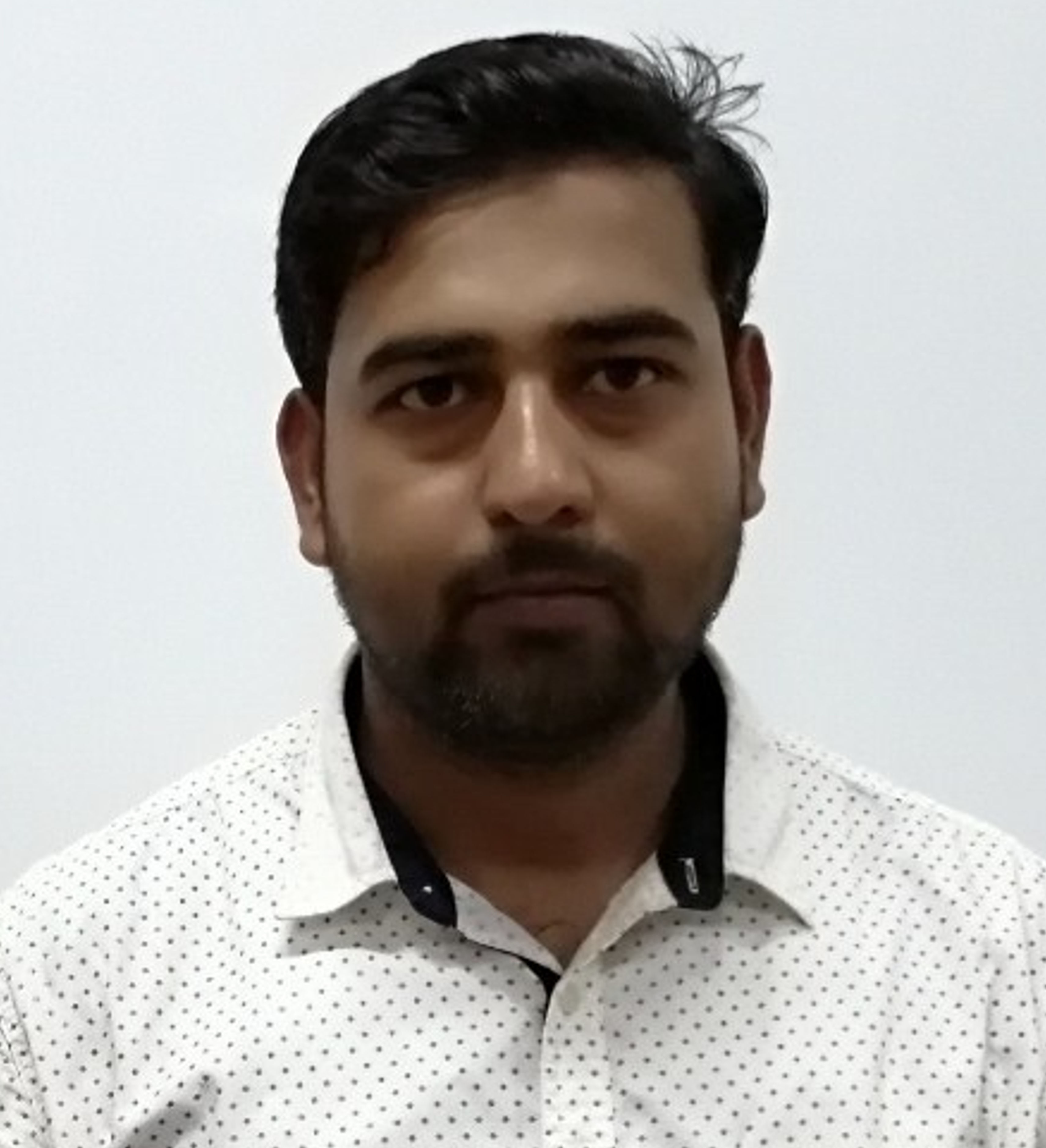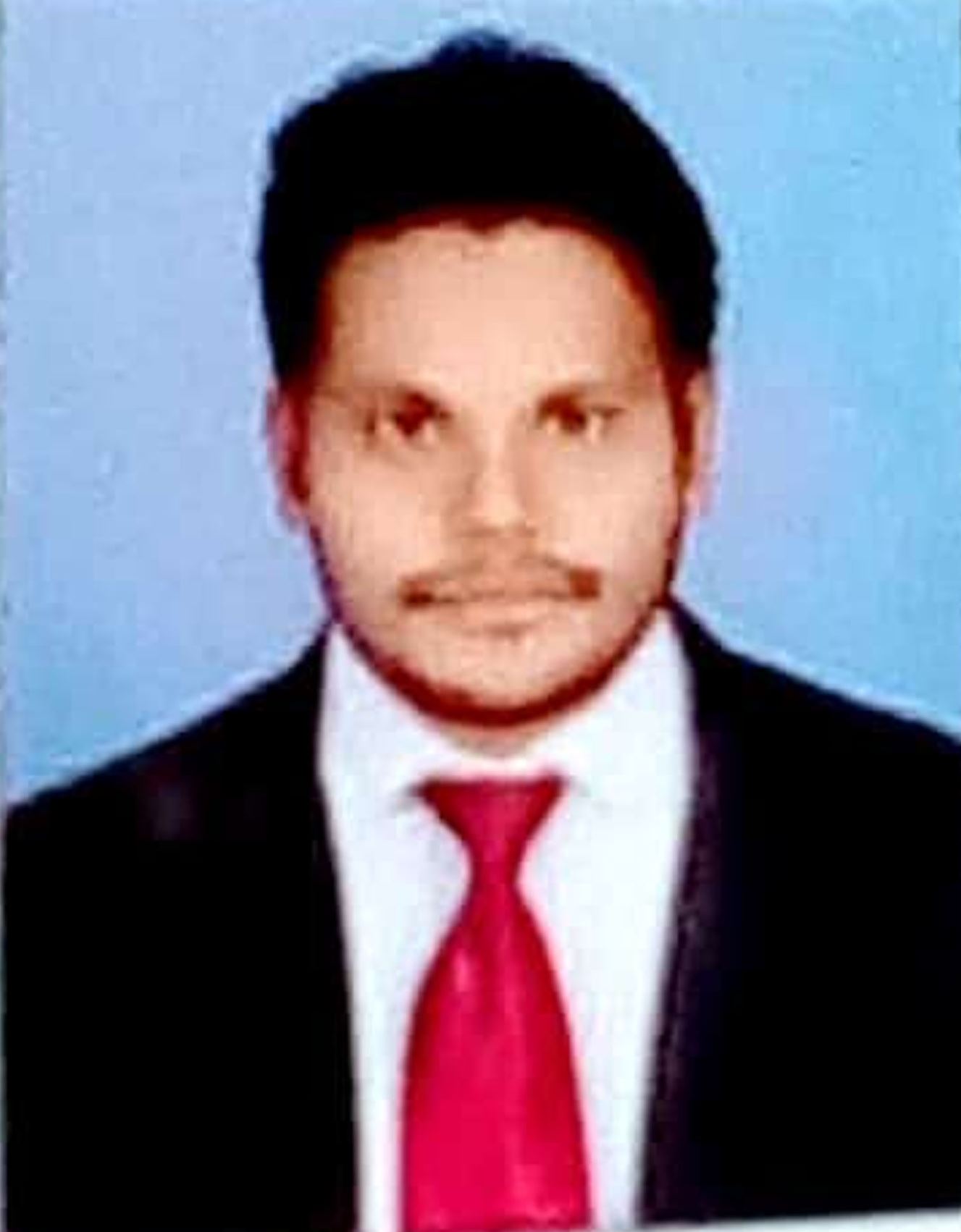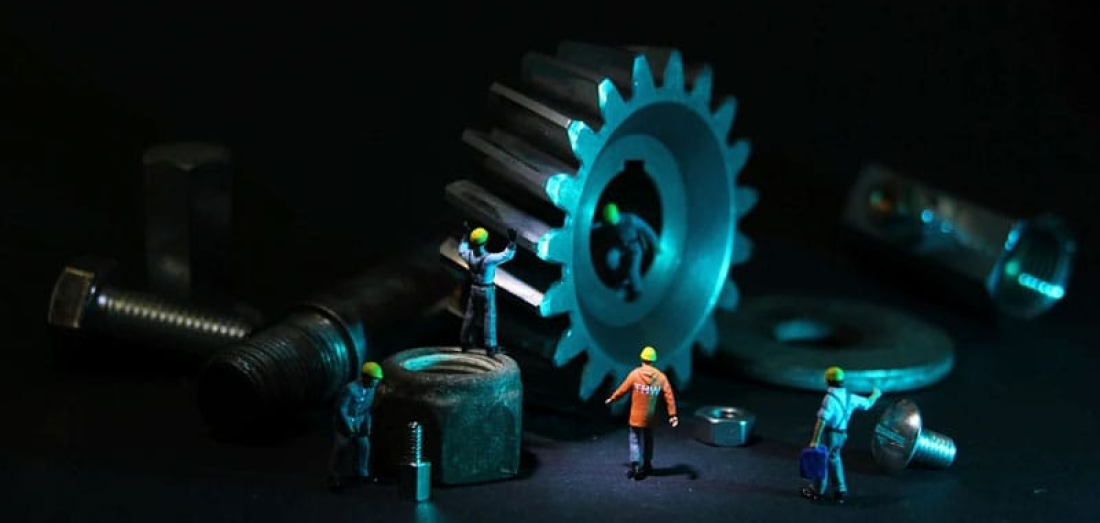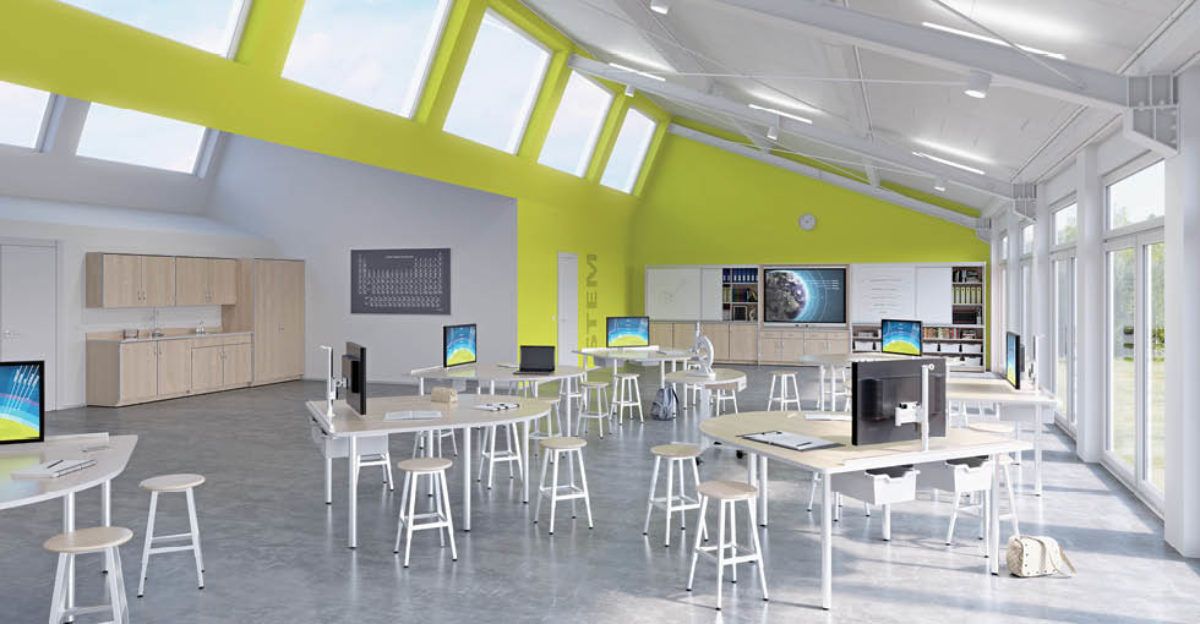Engg. Mechanics & Mechanics of Solids
Thermodynamics
Dynamics of Machines
Kinematics of Machines
Manufacturing Process
I. C. Engine
Hydraulics Machine& Pneumatic Controls
Machine Design & Drawing
Heat & Mass Transfer
Adv. Thermodynamics
Design of Jigs, Fixtures and Press Tools
Mechanical system & Design
Control System & Measurment
Metrology
Operation Research
Industrial Robotics
Power Plant Engineering
Adv. I. C. Engine
Automobile Engineering
Planning & Production Management
Statistical Quality Control
Adv. Manufacturing Process
Thermodynamics Lab
Strength of material Lab
Control system & Measurement Lab
Steam & Steam Power Lab
Refrigeration & Air-conditioning Lab
Mechanics of Solids Lab
Heat & Mass Transfer Lab
Fluid Machinery Lab
Dynamics of Machinery Lab
inematics of Machinery Lab
I.C. Engine Lab
Engg. Mechanics Lab
Automobile Engg. Lab/td>
CAD Lab with Pro-E Software
CNC Lab
Vibration Lab
